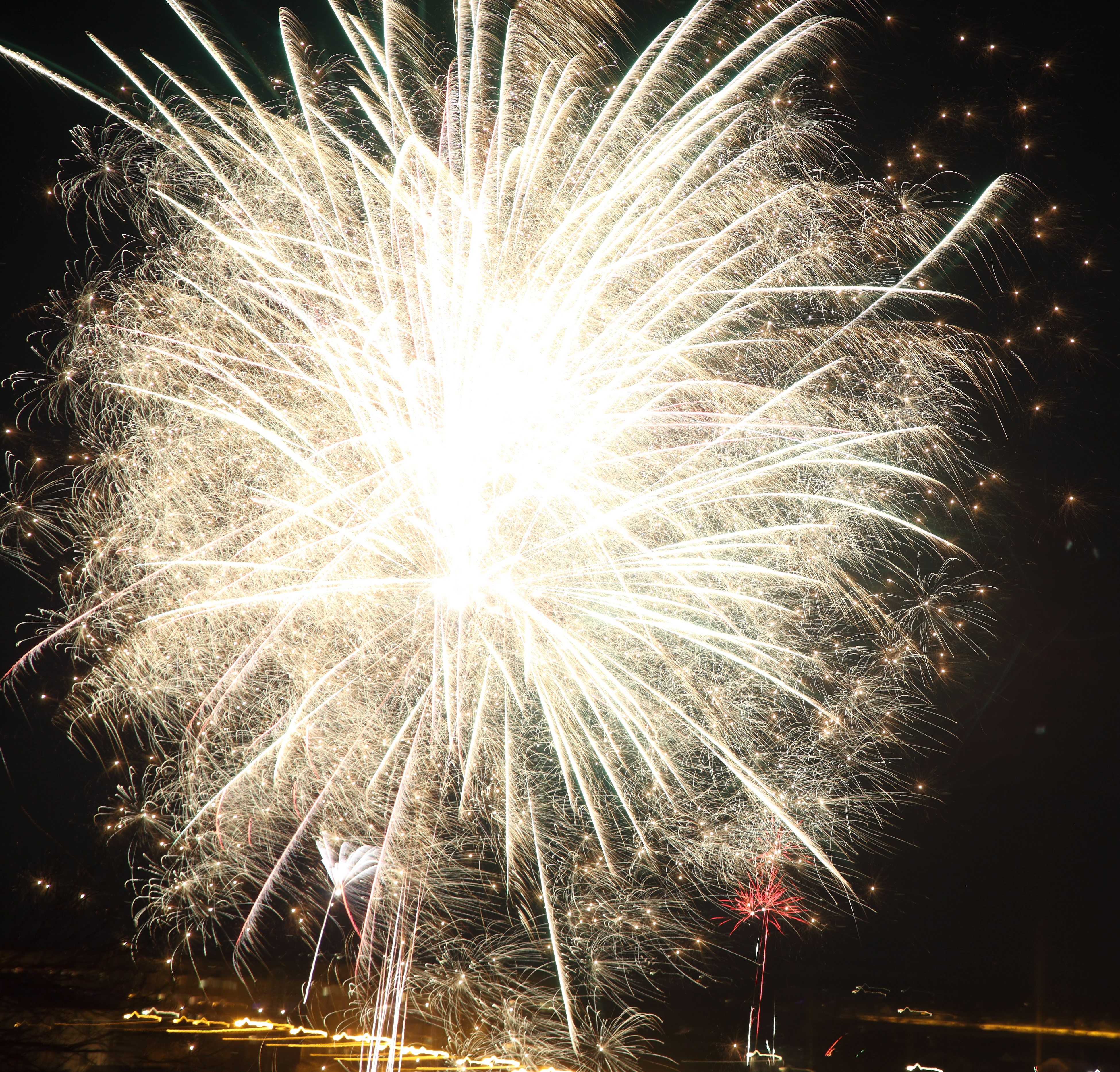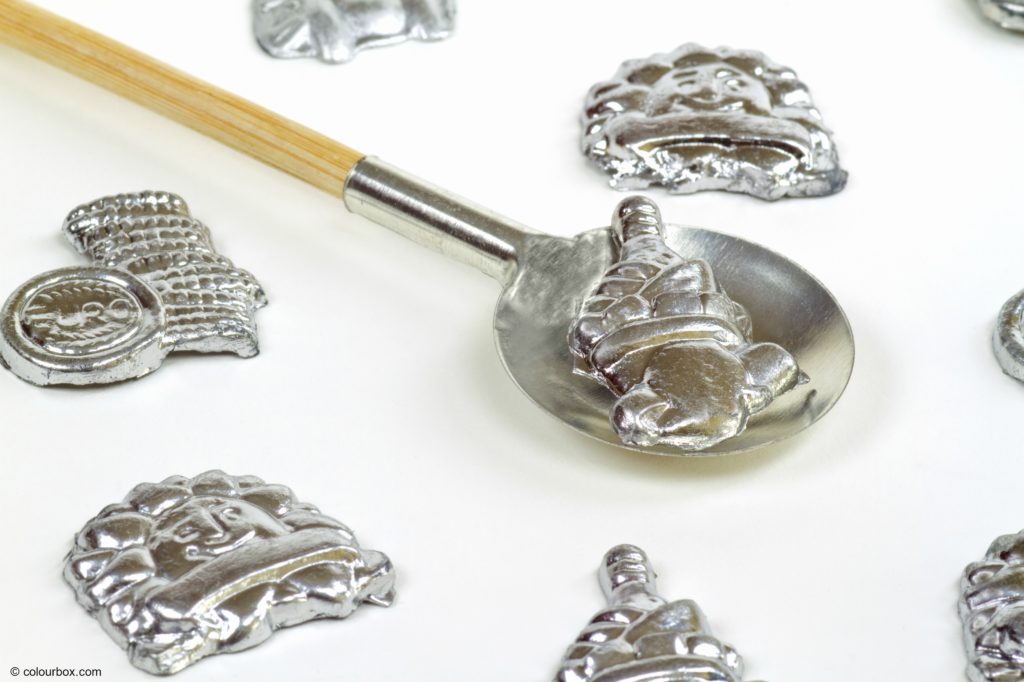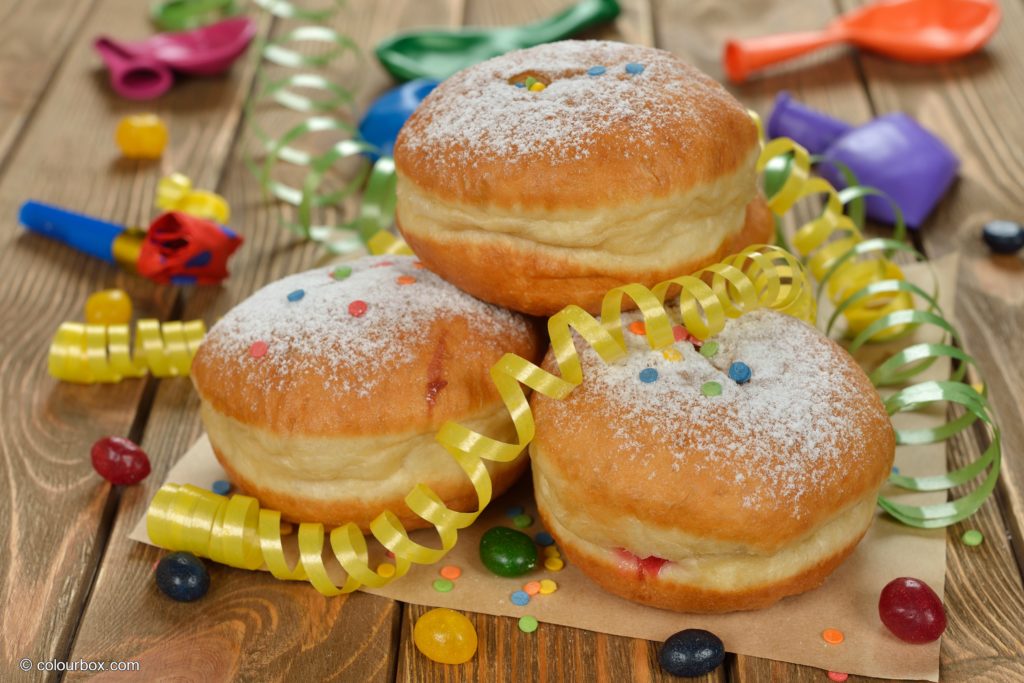
German New Year’s Eve Traditions
New Year’s Eve is a worldwide celebration. As in most countries that have adopted the Gregorian calendar, New Year’s celebrations start on the night of December 31 and continue into New Year’s Day on January 1 in Germany. Let’s introduce you to some traditions and activities that most Germans are familiar with!
Activities – What to do
Before night falls on December 31, many people spend the daytime with their family and friends, preparing for the evening festivities. Usually there are no big outdoor activities taking place and people prefer to stay home during the day to have some quality time with their loved ones.
A must-do for many Germans is watching “Dinner for One”, a 18-minute-long comedy sketch recorded by the German television station Norddeutscher Rundfunk (NDR) in 1963.
In the evening people gather together at home or at organized events. Besides a big dinner with lots of talk and laughter, there will be table fireworks, board or party games – and most importantly lead-pouring.
The lead is heated on a spoon over a candle until it’s liquid and then quickly dumped into cold water. Depending on the form that has emerged, it’s now possible to analyze and interpret what the coming year will bring. This tradition is still practiced in many families, but isn’t to be taken too serious and has mainly an entertaining purpose to it.
→ Here’s an example of what each lead symbol might mean

Food and Snacks – What to eat
Many tables are set up with raclette or fondue, which are the perfect options to sit and eat and talk for hours enjoying the last hours of the year. There are various versions of fondue: cheese, meat, Chinese, vegetable, and for those with a sweet tooth, chocolate.
Around midnight, the traditional New Year donuts may be served. They are usually filled with jam or pudding. But for New Year’s Eve, a few are filled with mustard and other unexpected flavors. If you get one of those, you may expect a lot of luck in the upcoming year. (Did you know that in Berlin, the donuts are called “Pfannkuchen?” In other parts of Germany, they are called “Krapfen” or “Berliner.”)

At midnight – What to say
The last 10 seconds of the year will be counted down before everybody toasts to each other with a glass of champagne or prosecco and the slogan “Prosit!”, which means as much as “may it succeed!” The New Year is welcomed with fireworks that can be purchased starting at December 28 in various stores. Originally, the fireworks were meant to chase away evil spirits and demons with loud noise and flashes of light. Today, many people simply enjoy admiring the play of light.
Once there are no fireworks left, the parties will continue indoors until the early morning hours.